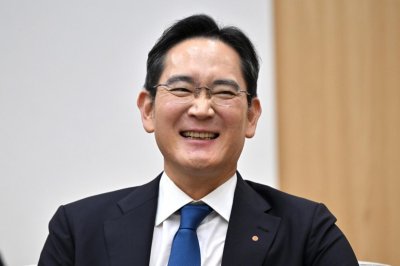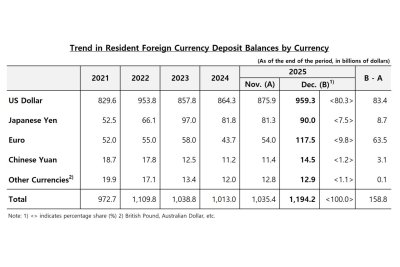How many Super Bowls have the Seattle Seahawks won?
The Seattle Seahawks defeated the New England Patriots 29-13 in Super Bowl LX.
This is the second time the Seahawks hoisted the Lombardi Trophy in four visits to the NFL’s championship game.
After joining the NFL as an expansion team in 1976, the Seahawks didn’t make it to the big game until Super Bowl XL following the 2005 season. Coached by Mike Holmgren and led by quarterback Matt Hasselbeck, Seattle went 13-3 during the regular season and defeated Washington and Carolina in the playoffs.
In the Super Bowl, the Seahawks gave up a 75-yard touchdown run to Pittsburgh Steelers running back Willie Parker to fall behind 14-3 early in the third quarter. Seattle closed the gap with a 16-yard touchdown pass from Hasselbeck to Jerramy Stevens, but Pittsburgh got a touchdown on a trick play — a 43-yard pass from Antwaan Randle El to fellow receiver Hines Ward — midway through the fourth quarter to help seal a 21-10 win.
The Seahawks’ next visit to the big game came following the 2013 season. They went 13-3 and defeated New Orleans and San Francisco in the playoffs before facing the Denver Broncos in Super Bowl XLVIII.
It was no contest. Seahawks running back Marshawn Lynch had a touchdown run. Quarterback Russell Wilson had touchdown passes to Jermaine Kearse and Doug Baldwin. Malcolm Smith had a pick-six. Percy Harvin scored on a kickoff return. And coach Pete Carroll led Seattle to a 43-8 victory and its first Super Bowl championship.
The Seahawks came painfully close to becoming back-to-back champions. They went 12-4 during the 2014 season and defeated Carolina and Green Bay in the playoffs before facing the Patriots in Super Bowl XLIX.
After a 14-14 halftime tie, the Seahawks took a 10-point lead in the third quarter, only for the Patriots to score two touchdowns in the fourth for a 28-24 advantage just before the two-minute warning. Wilson led the Seahawks 79 yards on the ensuing drive — but they needed 80 yards.
On first and goal from the Patriots’ one-yard line with 26 seconds remaining, Wilson’s pass for Ricardo Lockette was intercepted by Patriots rookie Malcolm Butler to seal the win for New England.
The Seahawks didn’t return to the Super Bowl until this year. Coach Mike Macdonald and quarterback Sam Darnold led Seattle to a 14-3 record and wins over San Francisco and the Rams in the playoffs.
Kicker Jason Myers was responsible for all of the scoring in the first three quarters, connecting on four field goals for a 12-0 Seattle lead. The Seahawks scored on a 16-yard touchdown pass from Sam Darnold to AJ Barner for a 19-0 lead early in the fourth quarter. Myers made Super Bowl history with his fifth field goal, and teammate Uchenna Nwosu scored on a 45-yard interception return.




